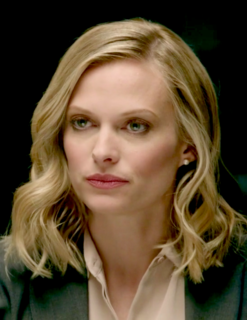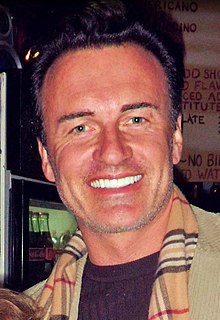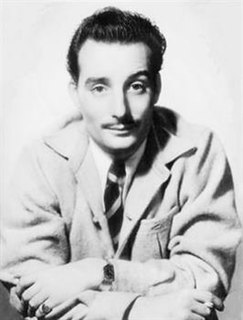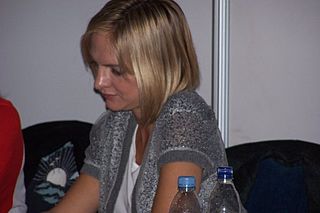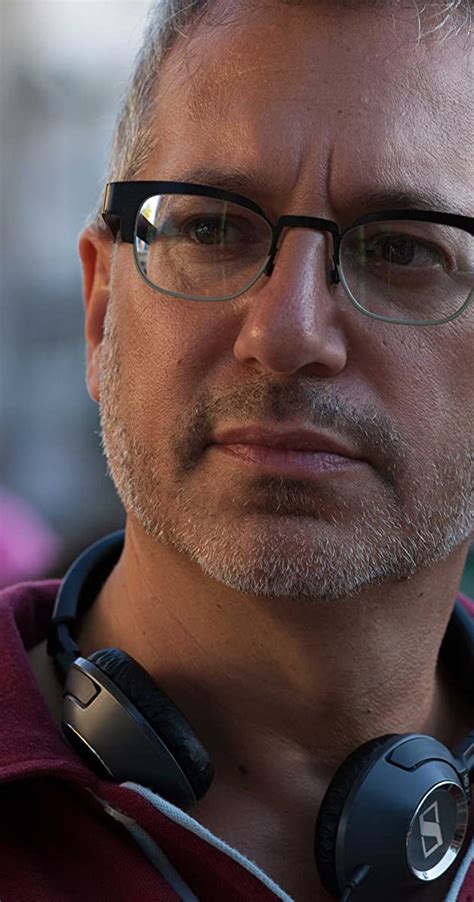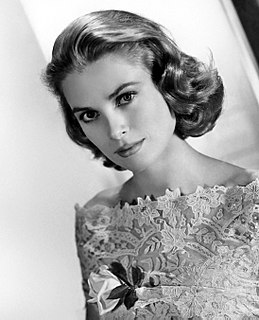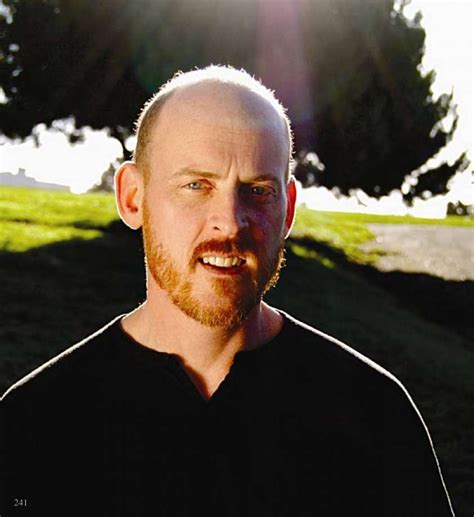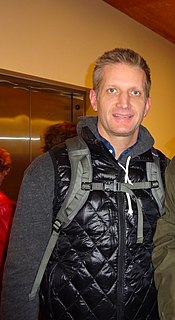A Quote by Alan Moore
I'd prefer to include sex scenes alongside the adventure scenes and everyday-life scenes, as if they were all part of the same thing. Which of course they are. Sex is not discrete from the rest of our existence.
Related Quotes
My character [in Ted Bundy] was unaware of all the murders that were being committed by him, so I kind of tried to keep myself out of it and kind of keep an innocent point of view from it. The hard scenes for me were the sex scenes just because there's like sexual deviance going on and there was stuff that he want her to do and that was really disturbing.
The very dull truth is that writing love scenes is the same as writing other scenes - your job is to be fully engaged in the character's experience. What does this mean to them? How are they changed by it, or not? I remember being a little nervous, as I am when writing any high-stakes, intense scene (death, sex, grief, joy).

